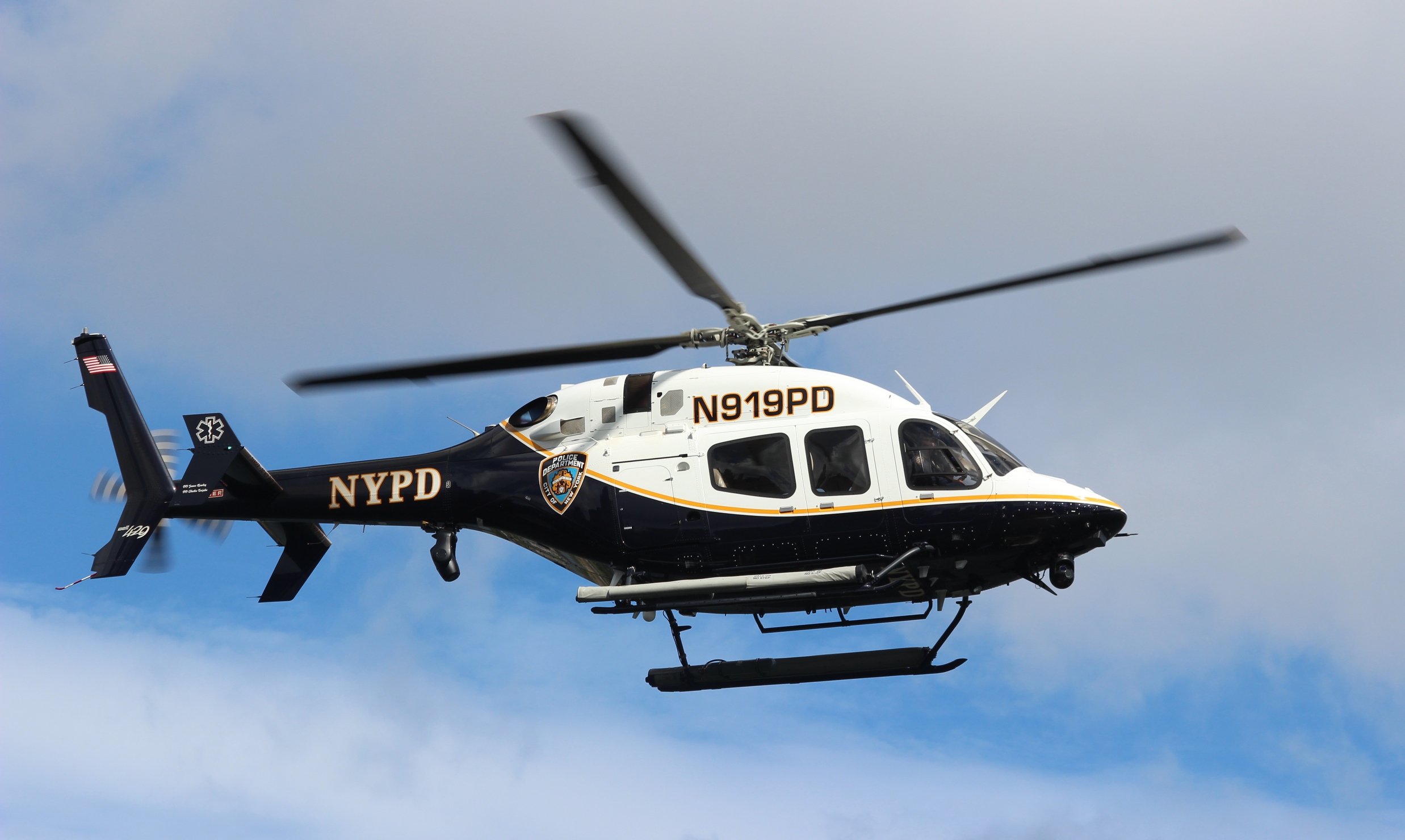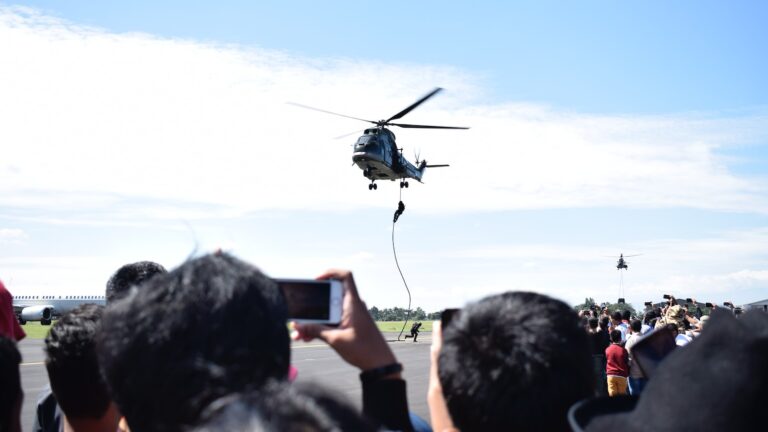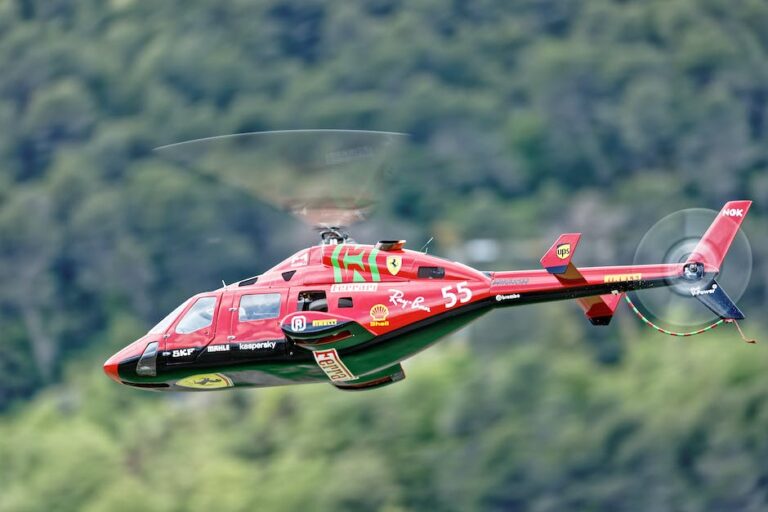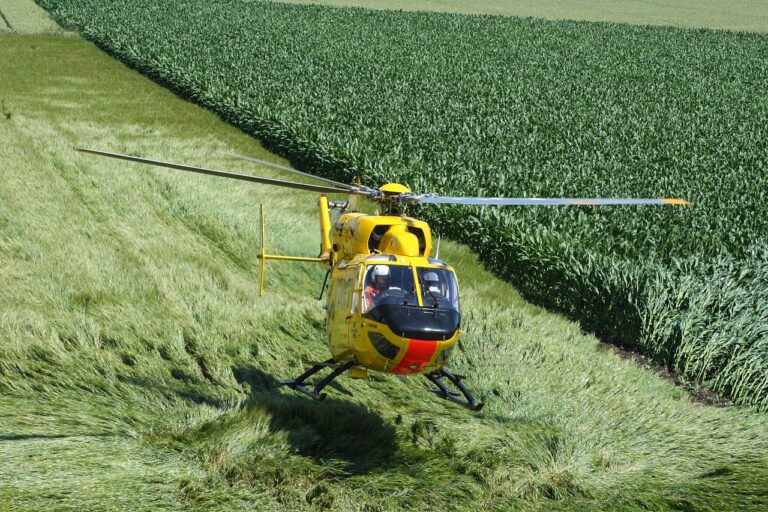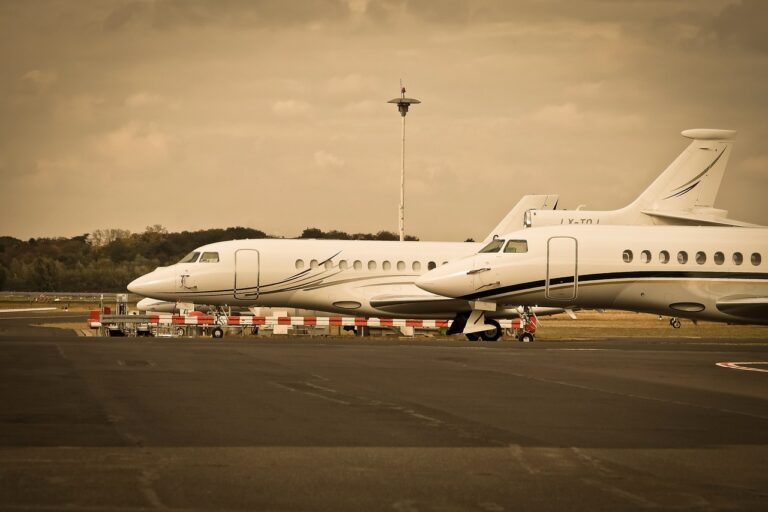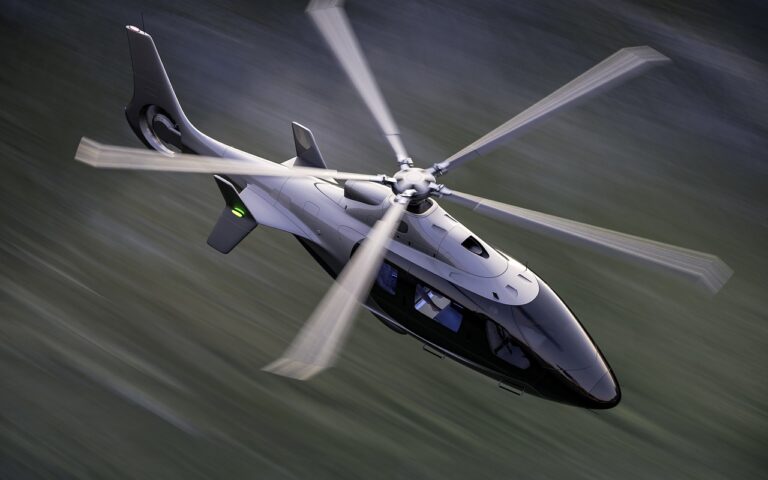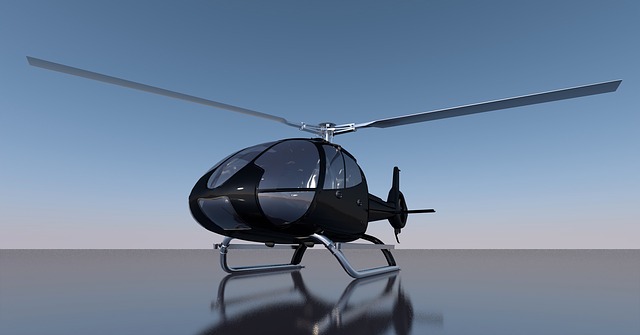How Expensive Is It to Own a Helicopter
The True Cost of Helicopter Ownership: A Reality Check
Curiosity is a fickle beast. It often leads us to ponder life’s unexplored corners and fills our minds with whimsical questions like, “How much would it cost to own a helicopter?” Let’s set aside the romanticized visions of soaring through the skies like a modern-day Maverick or Cordelia Darington III. Instead, let’s unsheathe our calculators and embark on a journey to demystify the financial whirlwind that comes with helicopter ownership.
In this article, we’ll embark on a frank and pragmatic discussion about the true costs of owning these majestic flying machines. We shall indulge in none of the grandiloquent language that often shrouds such topics. Instead, we’ll dissect each expenditure as if we were simply sketching a blueprint for a successful financial venture. Together, we’ll assess not only the upfront purchase price but also the ongoing expenses associated with maintaining, insuring, and piloting a helicopter.
So, if you’ve ever wondered whether owning that airborne marvel is within reach, buckle up and prepare for a reality check. Let’s separate the dreamers from the pragmatists and uncover the cold, hard facts underscoring the question: “How expensive is it to own a helicopter?
Table of Contents
- The Cost of Owning a Helicopter: An In-Depth Analysis
- Factors Affecting the Price of Helicopter Ownership
- Breaking Down the Initial Investment: Purchase and Insurance Costs
- Maintenance Expenses: Understanding the Ongoing Financial Commitment
- Examining Operational Costs: Fuel, Pilot Fees, and Navigation Charges
- Strategies to Reduce Helicopter Ownership Costs
- FAQs
- In Summary
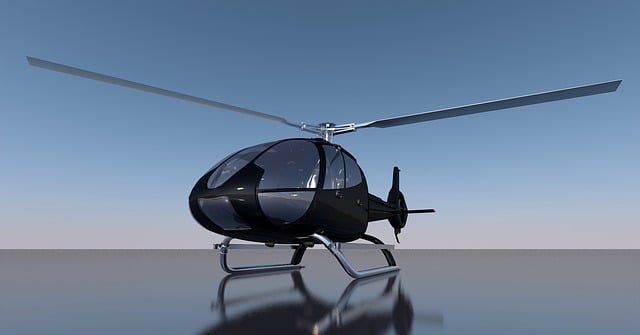
The Cost of Owning a Helicopter: An In-Depth Analysis
So, you’re considering owning a helicopter? Well, buckle up, because we’re about to dive into the nitty-gritty of its costs! Owning a helicopter entails more than just the initial purchase; there’s a whole plethora of expenses to consider. Let’s break it down for you:
1. Acquisition Costs: The first and most substantial expense is the purchase of the helicopter itself. Prices can vary significantly depending on the make, model, and condition of the aircraft. You may opt for a brand-new helicopter or a pre-owned one, the prices of which can range from a modest six figures to several million dollars.
2. Insurance and Maintenance: It’s crucial to protect your investment by insuring your helicopter. Insurance premiums will depend on various factors such as the type of coverage, pilot experience, and the intended use of the aircraft. In addition to insurance, routine maintenance and occasional repairs are inevitable. Regular inspections, engine overhauls, and component replacements are all part of the package. Needless to say, these expenses can quickly add up, so budget accordingly.
Factors Affecting the Price of Helicopter Ownership
can vary significantly and can have a substantial impact on the overall cost. Here are some key factors to consider:
1. Type and Model: The type and model of the helicopter play a crucial role in determining its price. More technologically advanced and larger helicopters are generally more expensive to purchase and maintain.
2. Age and Condition: The age and condition of the helicopter can significantly influence its price. Newer helicopters with low flight hours will typically have a higher price tag than older ones. Additionally, a well-maintained and regularly inspected helicopter will often command a higher price due to its better condition and reliability.
3. Customization and Upgrades: Helicopters can be customized and outfitted with various equipment and upgrades to suit specific needs. The cost of these customization options, such as avionics systems or improved safety features, will add to the overall price.
4. Maintenance and Operating Costs: It is essential to consider the ongoing maintenance and operating costs associated with helicopter ownership. Regular maintenance, inspections, fuel, insurance, and pilot fees should be factored in when calculating the total cost of ownership.
5. Market Demand: Market demand can greatly influence the price of helicopters. If a particular model is in high demand, it may command a higher price. Conversely, if there is a surplus of a specific model, prices may decrease.
When considering helicopter ownership, these factors should be thoroughly researched to ensure an accurate understanding of the investment required. Whether it’s the type and model, age and condition, customization, ongoing costs, or market demand, each factor plays a significant role in determining the price of owning a helicopter.
Breaking Down the Initial Investment: Purchase and Insurance Costs
When it comes to buying a new car, the initial investment involves two main costs: the purchase price and the insurance costs. Let’s break it down and explore these expenses in detail.
1. Purchase Costs:
– The purchase price of a car can vary depending on various factors such as the make, model, year, and features.
– It’s essential to shop around and compare prices from different dealerships, online platforms, or private sellers to ensure you get the best deal.
– Don’t forget to consider additional expenses such as sales tax, registration fees, and any optional upgrades or accessories you may want to add to your new car.
– Taking the time to research and negotiate can help you save money and secure a vehicle that meets both your needs and budget.
2. Insurance Costs:
– Once you’ve purchased your dream car, it’s crucial to protect it with car insurance.
– Insurance costs can vary significantly based on factors like your driving history, age, location, and the type of vehicle you own.
– Consider obtaining quotes from multiple insurance providers to find the most affordable and suitable coverage for your needs.
– It’s important to understand the different types of coverage options available, such as liability, collision, comprehensive, and medical payments, to make informed decisions regarding your insurance policy. Don’t forget to factor in deductibles, as well.
By breaking down the initial investment into purchase and insurance costs, you can better understand the financial aspects associated with buying and protecting a new car. Taking the time to research, compare prices, and find suitable insurance coverage can help you make a wise investment and ensure peace of mind on the road ahead.
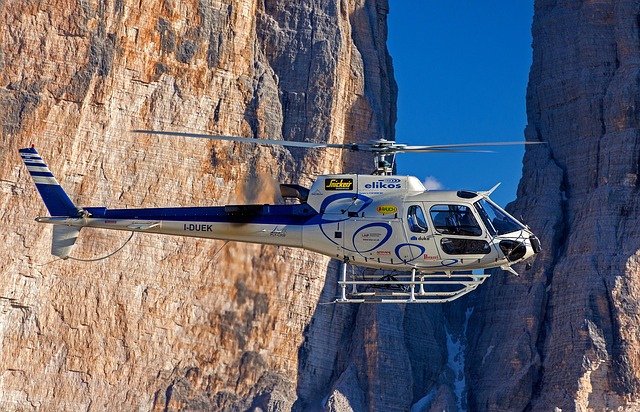
Maintenance Expenses: Understanding the Ongoing Financial Commitment
When it comes to owning a property, it’s important to be aware of the ongoing financial commitment involved in maintenance expenses. These expenses are an unavoidable part of property ownership and can often catch individuals off guard if they aren’t adequately prepared. Understanding the magnitude and importance of these expenses will help you plan your finances more effectively.
Here are a few key points to keep in mind:
- Regular Upkeep: Properties require regular upkeep to ensure their value and functionality. This includes routine tasks such as landscaping, cleaning, and regular inspections. While these may seem like small responsibilities, they can add up over time.
- Repairs and Replacements: Breakdowns and wear-and-tear are inevitable. Plumbing issues, electrical problems, or damaged appliances are all situations that may require immediate attention and financial investment.
- Long-Term Maintenance: It’s important to allocate funds for long-term maintenance projects. Roofs, HVAC systems, and major renovations will eventually need attention, and planning ahead will save you from unexpected financial burdens down the line.
By understanding and preparing for these ongoing expenses, you can ensure that your property remains in good condition and be more financially equipped to handle any unforeseen circumstances that may arise.
![]()
Examining Operational Costs: Fuel, Pilot Fees, and Navigation Charges
When it comes to running a successful operation, examining operational costs is a crucial step that cannot be overlooked. In the aviation industry, some key expenses that demand careful consideration are fuel costs, pilot fees, and navigation charges.
Fuel: Fuel expenses usually form a significant portion of the overall operational costs for any aviation business. It is important to closely analyze the fluctuating fuel prices in the market and strategize accordingly. Finding the most cost-effective fuel suppliers, exploring fuel conservation techniques, and optimizing flight routes can help in reducing fuel expenses and improving the bottom line. Constant monitoring and forecasting fuel consumption can also aid in budgeting and financial planning.
Pilot Fees: Pilots are the backbone of any flight operation, and their fees often contribute significantly to operational costs. It is essential to assess pilot compensation structures, including salary, hourly rates, and other benefits. Conducting periodic reviews of pilot contracts and ensuring competitive remuneration within the industry can help attract and retain skilled pilots while minimizing overheads. Additionally, exploring training programs and mentorship initiatives can enhance pilot performance and efficiency, further optimizing operational costs.
Navigation Charges: Navigation charges encompass various costs associated with utilizing air traffic control services and airport facilities. These charges may include landing and take-off fees, air navigation charges, parking charges, and more. Carefully negotiating these charges and seeking potential cost-saving opportunities can make a significant difference in operational expenses. Constantly monitoring and reconciling invoices and statements from navigation service providers can also avoid any discrepancies and ensure accurate cost analysis for efficient financial decision-making.
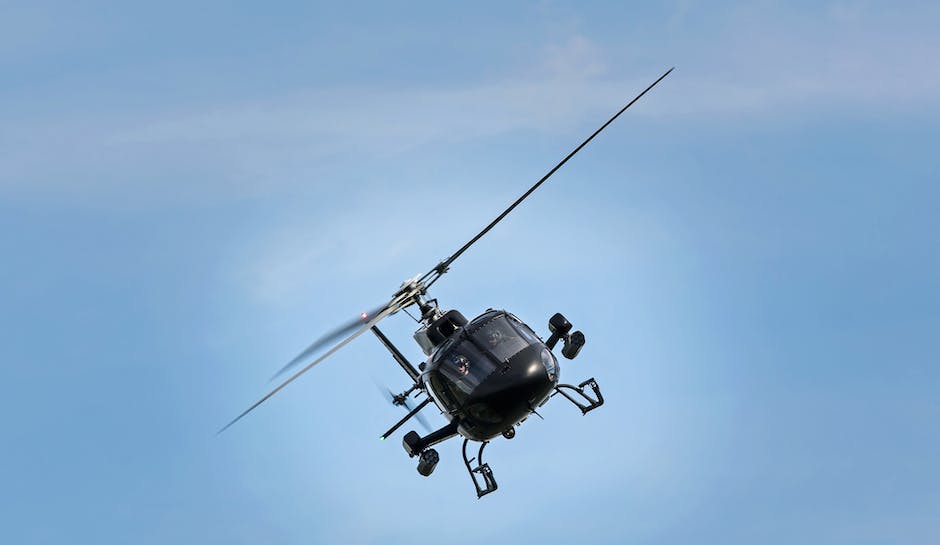
Strategies to Reduce Helicopter Ownership Costs
When it comes to owning a helicopter, cost is undoubtedly a significant consideration. However, with some savvy strategies, you can effectively reduce the overall expenses associated with helicopter ownership. Here are some practical tips to help you keep your helicopter costs in check:
- Regular Maintenance: Proper and routine maintenance is essential to ensure the longevity and reliability of your helicopter. By upholding a regular maintenance schedule and addressing issues promptly, you can prevent costly repairs down the line.
- Hangar Sharing: Sharing a hangar space with other helicopter owners can significantly cut down on expenses. Splitting the cost of leasing or owning a hangar allows you to save substantial amounts of money each month.
- Insurance Evaluation: Regularly evaluating your helicopter insurance policy is crucial. Shopping around for the best rates and coverage ensures that you are not paying more than necessary for comprehensive and reliable insurance.
- Optimize Fuel Efficiency: Being mindful of fuel consumption can lead to significant cost savings. By employing efficient flight planning techniques, utilizing lighter loads where possible, and maintaining optimal cruising speeds, you can effectively reduce fuel expenses.
Reducing helicopter ownership costs requires a proactive approach and careful consideration. By following these strategies and implementing other cost-saving measures that align with your specific helicopter usage, you can enjoy the benefits of helicopter ownership without breaking the bank.
FAQs
FAQs: How Expensive Is It to Own a Helicopter?
1. How much does a helicopter cost?
– Helicopter costs vary widely based on factors like size, model, and features. Generally, prices start around $250,000 for a basic, single-engine helicopter and can go up to several million dollars for a larger, luxury model.
2. Are there any additional costs involved with owning a helicopter?
– Yes, besides the initial purchase price, owning a helicopter also involves other costs. These include maintenance expenses, insurance fees, fuel costs, pilot fees (if you don’t fly it yourself), hangar rentals, and regular inspections for airworthiness.
3. What are the maintenance costs associated with owning a helicopter?
– Maintenance costs can be significant. Routine maintenance tasks, including regular inspections, engine overhauls, and component replacements, can add up to thousands of dollars annually. Additionally, unexpected repairs or major upgrades can incur additional expenses.
4. How much do fuel costs contribute to the overall expense?
– Fuel costs can be a substantial part of helicopter ownership. The price of fuel varies based on the type of helicopter and the distance covered, but on average, expect to spend around $150 to $300 per hour of flight.
5. Do I need a license to fly a helicopter?
– Yes, operating a helicopter requires a pilot’s license. The costs for obtaining a private pilot license can range from $10,000 to $15,000, or more, depending on the flight training school and the individual’s aptitude.
6. What are the insurance costs for a helicopter?
– Insurance costs depend on several factors like pilot experience, helicopter type, intended use, and geographical area. Typically, insurance policies for helicopters range from $6,000 to $20,000 annually, but specialized or high-end models can have significantly higher premiums.
7. Can I hire a pilot to fly my helicopter for me?
– Yes, if you are not a licensed pilot or prefer not to fly the helicopter yourself, you can hire professional pilots. The cost varies depending on factors such as flight hours, experience level, and additional qualifications, but expect to pay around $50,000 to $100,000 annually.
8. Are there any ongoing costs involved with storage or hangar rental?
– Storing your helicopter in a hangar is necessary to protect it from the elements. Hangar rental costs vary based on location, but on average, you might spend anywhere from $15,000 to $40,000 annually.
9. What about depreciation?
– Like any vehicle, helicopters will depreciate over time. The rate of depreciation varies based on numerous factors such as demand, maintenance, and overall condition. Generally, you should anticipate a depreciation rate of around 5-10% per year.
10. Is owning a helicopter worth the cost?
– It ultimately depends on your needs, budget, and the level of passion you have for helicopter ownership. Owning a helicopter can be an expensive endeavor, considering the initial price, maintenance, fuel, licensing, and other ongoing expenses. It is essential to carefully assess your financial situation and usage requirements before making a decision.
Wrapping Up
In conclusion, owning a helicopter is no small feat, especially in terms of expenses. As we’ve discussed, the costs associated with purchasing, operating, and maintaining a helicopter are substantial. From the initial purchase price to ongoing fuel, insurance, and maintenance costs, the financial burden can be overwhelming. However, for those with a true passion for aviation and the means to support it, the sheer joy and unique experience of owning a helicopter may outweigh the costs. Ultimately, it all boils down to personal priorities and resources. So, if you’re ready to embark on the thrilling journey of helicopter ownership, be prepared to dig deep into your pockets.

